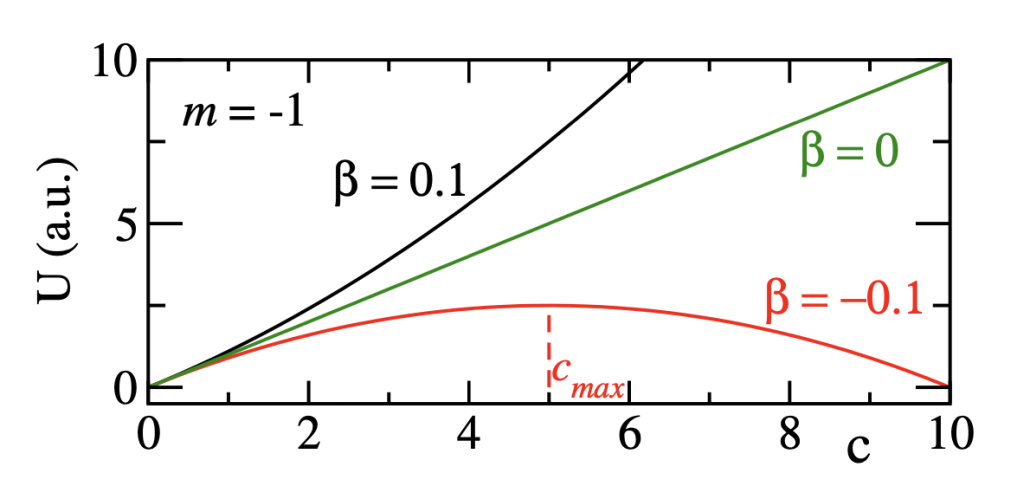Condensation in Negative-Temperature Regimes in Physical Review Letters
ISC reasearcher S. Iubini coauthored an interesting paper now published in Physical Review Letters.
Title: Effective Grand Canonical Description of Condensation in Negative-Temperature Regimes
S. Iubini and A. Politi, Phys. Rev. Lett. 134, 097102 (2025)
Abstract
The observation of negative-temperature states in the localized phase of the discrete nonlinear Schrödinger equation has challenged statistical mechanics for a long time. For isolated systems, they can emerge as stationary extended states through a large-deviation mechanism occurring for finite sizes, while they are formally unstable in grand canonical setups, being associated to an unlimited growth of the condensed fraction. Here, we show that negative-temperature states in open setups are metastable and their lifetime is exponentially long with the temperature, ≈exp(||) (for <0). A general expression for is obtained in the case of a simplified stochastic model of noninteracting particles. In the discrete nonlinear Schrödinger model, the presence of an adiabatic invariant makes even larger because of the resulting freezing of the breather dynamics. This mechanism, based on the existence of two conservation laws, provides a new perspective over the statistical description of condensation processes.



